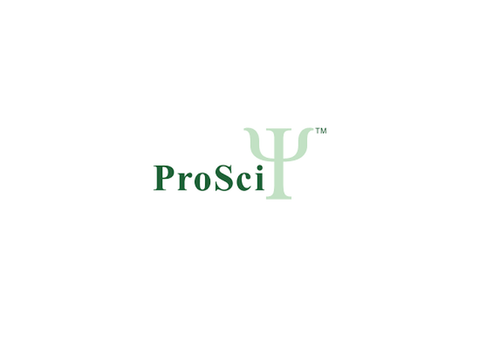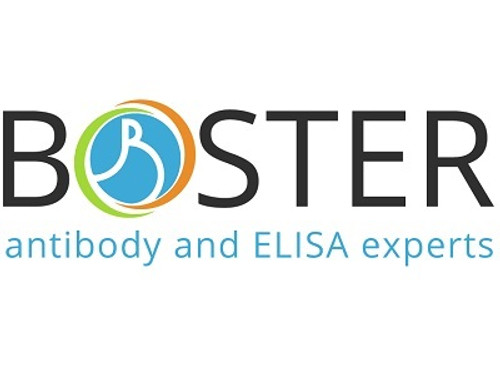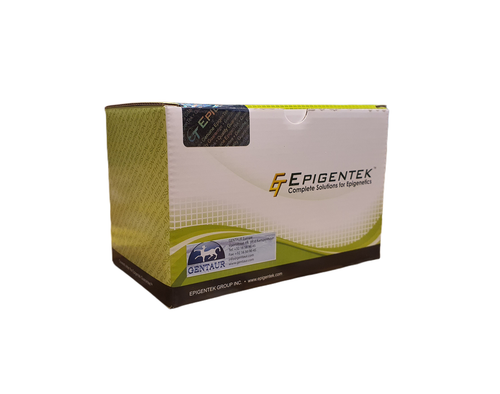Product Description
SMARCAL1 Antibody | 28-999 | ProSci
Host: Rabbit
Reactivity: Human, Rat
Homology: N/A
Immunogen: Antibody produced in rabbits immunized with a synthetic peptide corresponding a region of human SMARCAL1.
Research Area: Transcription
Tested Application: E, WB
Application: SMARCAL1 antibody can be used for detection of SMARCAL1 by ELISA at 1:312500. SMARCAL1 antibody can be used for detection of SMARCAL1 by western blot at 1.25 μg/mL, and HRP conjugated secondary antibody should be diluted 1:50, 000 - 100, 000.
Specificiy: N/A
Positive Control 1: 721_B Cell Lysate
Positive Control 2: N/A
Positive Control 3: N/A
Positive Control 4: N/A
Positive Control 5: N/A
Positive Control 6: N/A
Molecular Weight: 106 kDa
Validation: N/A
Isoform: N/A
Purification: Antibody is purified by protein A chromatography method.
Clonality: Polyclonal
Clone: N/A
Isotype: N/A
Conjugate: Unconjugated
Physical State: Liquid
Buffer: Purified antibody supplied in 1x PBS buffer with 0.09% (w/v) sodium azide and 2% sucrose.
Concentration: batch dependent
Storage Condition: For short periods of storage (days) store at 4˚C. For longer periods of storage, store SMARCAL1 antibody at -20˚C. As with any antibody avoid repeat freeze-thaw cycles.
Alternate Name: SMARCAL1, HARP, HHARP
User Note: Optimal dilutions for each application to be determined by the researcher.
BACKGROUND: SMARCAL1 is a member of the SWI/SNF family of proteins. Members of this family have helicase and ATPase activities and are thought to regulate transcription of certain genes by altering the chromatin structure around those genes. Mutations in SMARCAL1 gene are a cause of Schimke immunoosseous dysplasia (SIOD) , an autosomal recessive disorder with the diagnostic features of spondyloepiphyseal dysplasia, renal dysfunction, and T-cell immunodeficiency.The protein encoded by this gene is a member of the SWI/SNF family of proteins. Members of this family have helicase and ATPase activities and are thought to regulate transcription of certain genes by altering the chromatin structure around those genes. The encoded protein shows sequence similarity to the E. coli RNA polymerase-binding protein HepA. Mutations in this gene are a cause of Schimke immunoosseous dysplasia (SIOD) , an autosomal recessive disorder with the diagnostic features of spondyloepiphyseal dysplasia, renal dysfunction, and T-cell immunodeficiency.
 Euro
Euro
 USD
USD
 British Pound
British Pound
 NULL
NULL














